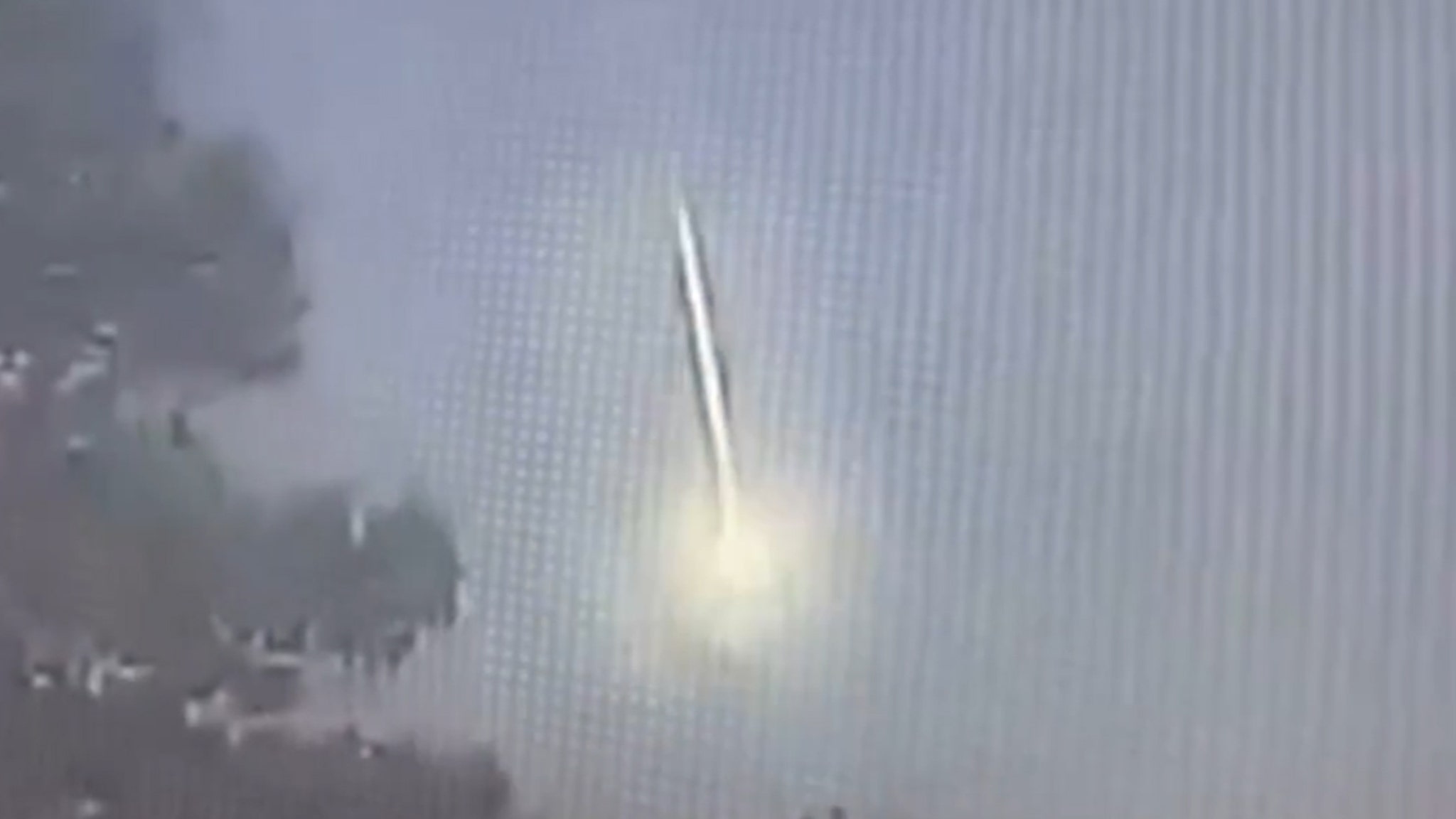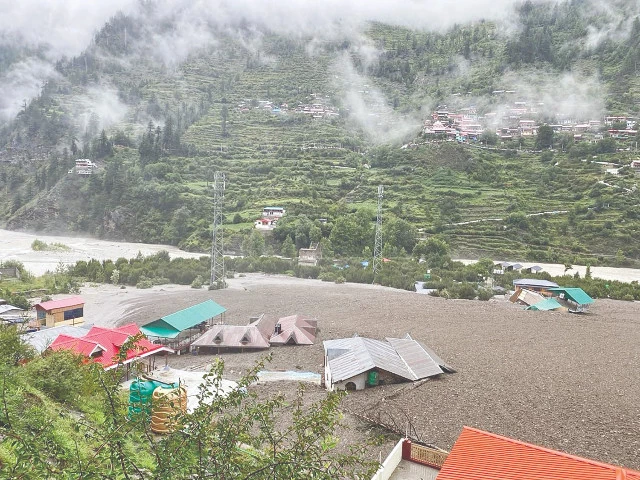Trump Hosts Pakistan Army Chief Asim Munir for Historic White House Lunch Amidst Dramatic Shift in US-Pakistan Relations

Islamabad, Pakistan – In a groundbreaking event that signals a significant shift in diplomatic relations, former United States President Donald Trump hosted Pakistan’s army chief, General Asim Munir, for lunch at the White House. This unprecedented meeting, which took place on Wednesday, is notable as it marks the first time a sitting US President has invited a military chief from Pakistan who is not concurrently the head of state. General Munir is currently on a five-day visit to the United States, aiming to bolster ties between the two nations that have historically been fraught with tension.
Earlier this year, during his first address to a joint session of Congress after his re-election, Trump made headlines by referencing the Abbey Gate bombing at Kabul airport in August 2021, an attack that occurred as thousands of Afghans attempted to flee following the Taliban's return to power. He attributed the capture of the suspect behind this attack to the assistance of the Pakistani government, saying, “I want to thank especially the government of Pakistan for helping arrest this monster.” This marked a dramatic turnaround from Trump’s previous accusations, made just seven years earlier, when he labeled Pakistan as a country providing the US “nothing but lies and deceit.”
This shift towards a more conciliatory approach comes against the backdrop of ongoing volatility in the region. Experts suggest that the reset in US-Pakistan relations has been in motion for several weeks, particularly following a brief but intense military confrontation between India and Pakistan in May. During this conflict, the US played a critical role in mediating a ceasefire between the two nuclear-armed nations, an effort that appears to have been a key topic during Trump and Munir’s lunch.
Trump acknowledged the importance of the meeting, stating, “The reason I had him here was that I wanted to thank him for not going into the war [with India].” He praised both Munir and Indian Prime Minister Narendra Modi for their roles in preventing what could have escalated into a catastrophic nuclear conflict. The origins of this crisis can be traced back to an April attack in Indian-administered Kashmir that resulted in the deaths of 26 Indian civilians, with India subsequently conducting military strikes in retaliation. The situation escalated dramatically until US intervention succeeded in establishing a ceasefire.
In light of the current geopolitical challenges, including increasing tensions in the Middle East—where Israel has been actively targeting Iranian cities—both leaders addressed the strategic implications of these conflicts. Trump pointed out that Pakistan possesses a keen understanding of Iran, emphasizing the need for cooperation in navigating these regional challenges. He thanked Munir for Pakistan’s role in stabilizing the situation, particularly in relation to India.
Analysts have noted that this meeting could redefine how the US views Pakistan and its military. Raza Ahmad Rumi, a distinguished lecturer at the City University of New York, commented, “Trump’s lunch invite to Pakistan’s army chief isn’t just protocol-breaking, it’s protocol-redefining.” This significant engagement may suggest that Pakistan is not just a peripheral ally but is being considered an important partner in US foreign policy discussions.
The history of US-Pakistan relations is complex, stretching back to Pakistan's independence in 1947 when it aligned with Washington during the Cold War. Over the years, cooperation has waxed and waned, particularly after the events of 9/11, which saw Pakistan supporting US military objectives in Afghanistan. However, the relationship has suffered due to growing suspicions regarding Pakistan's reliability as a security partner.
Despite this history, there appears to be a renewed interest from the US in cultivating a relationship with Pakistan, likely driven by strategic interests in counterterrorism and regional stability. National Defense officials have pointed to Pakistan's recent military achievements in counterterrorism efforts, culminating in the arrest of suspects linked to significant attacks on US interests.
While some analysts express caution about the durability of this engagement, suggesting that it could revert to a transactional nature unless institutionalized, others note the potential for long-term benefits. The current geopolitical landscape, which includes rising tensions with Iran and the ongoing Israel-Palestine conflict, may serve as a catalyst for securing more substantial ties between the US and Pakistan.
Historically, Pakistan’s military has wielded significant power and influence over the country's political landscape, often overshadowing civilian governance. This reality was evident during the recent meeting, as it underscored the enduring military-to-military connections that have characterized US-Pakistan relations. Experts warn that while this engagement has the potential to bring stability, it could also reinforce the military's dominance over civilian political structures, raising concerns over democratic processes in Pakistan.
























